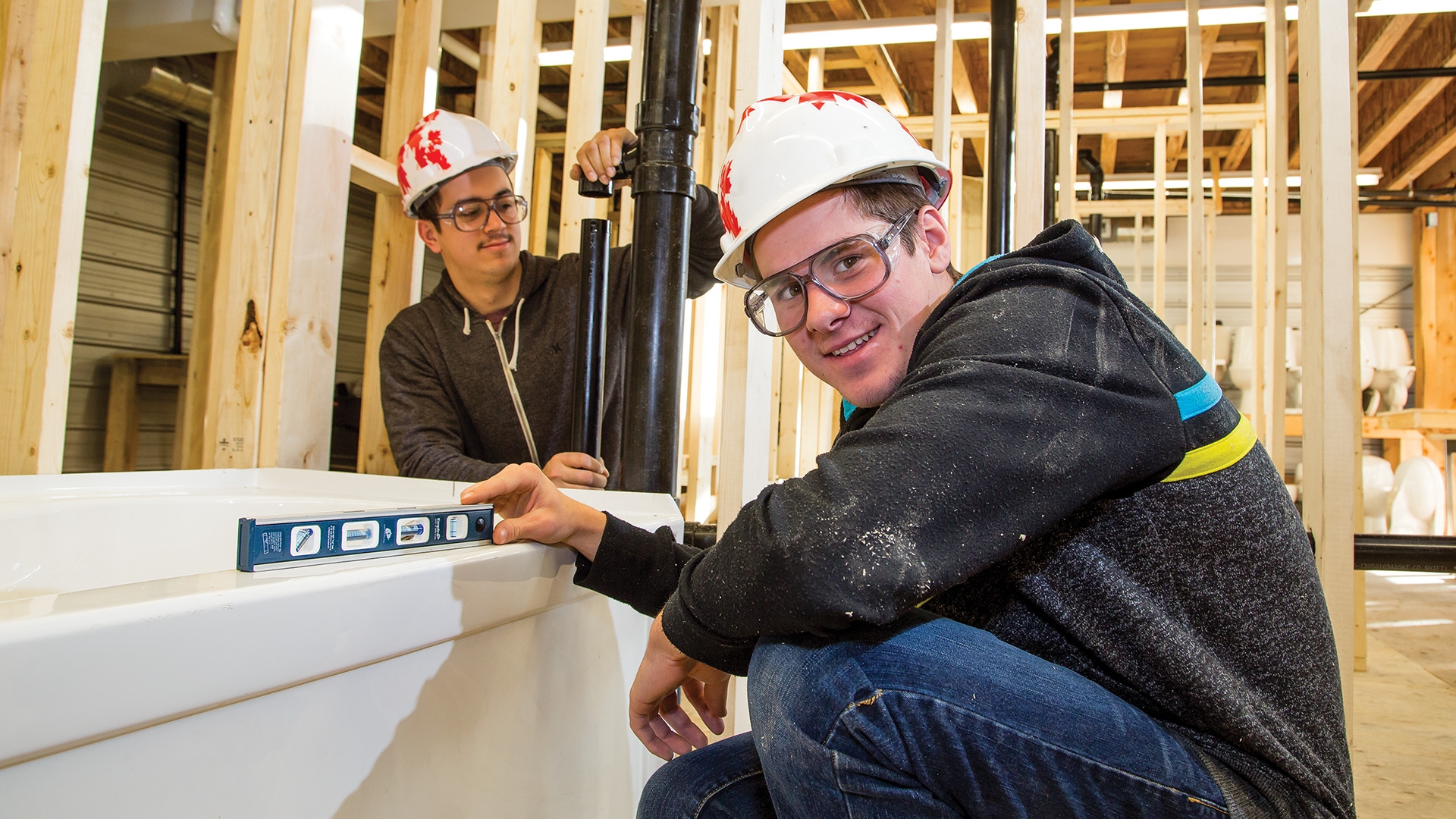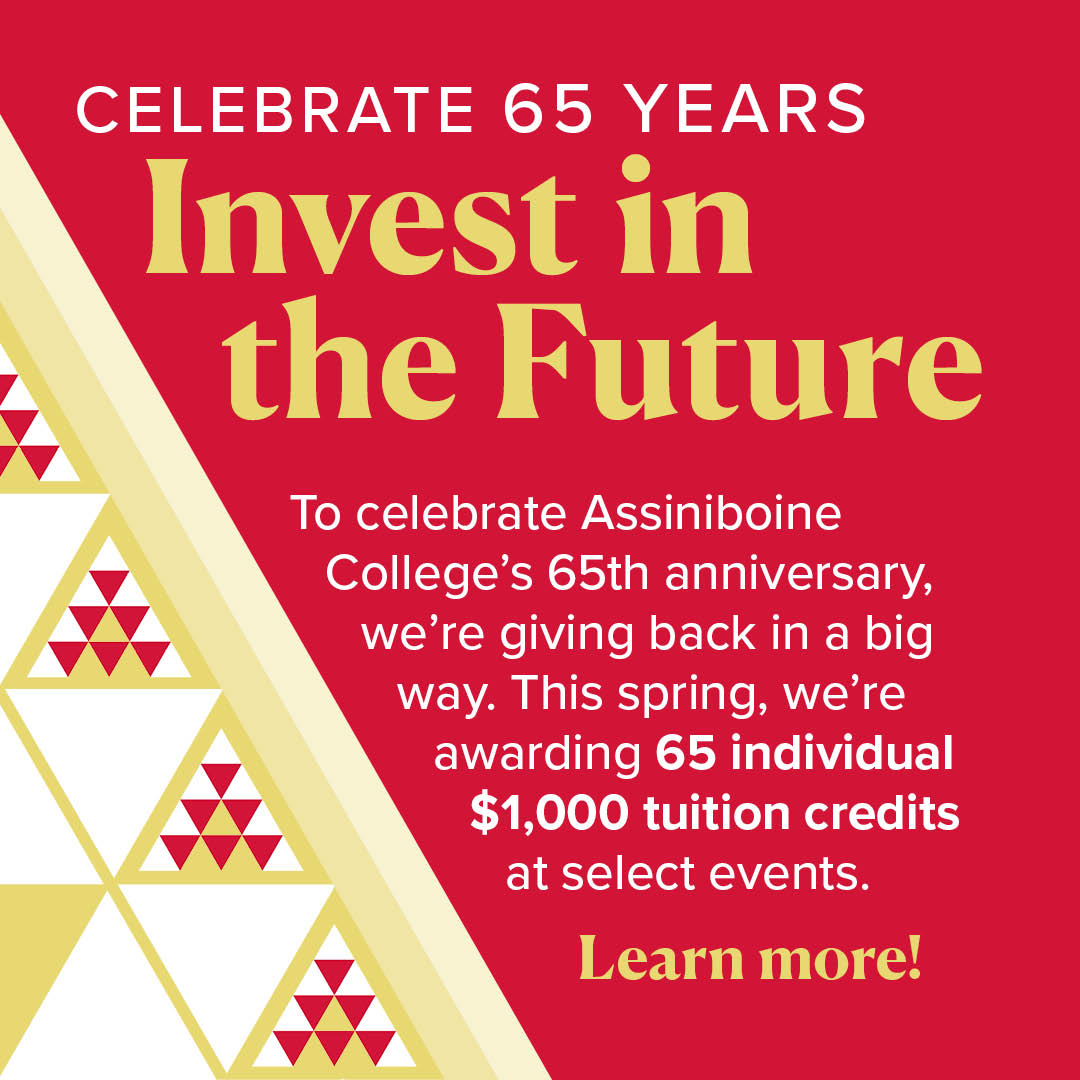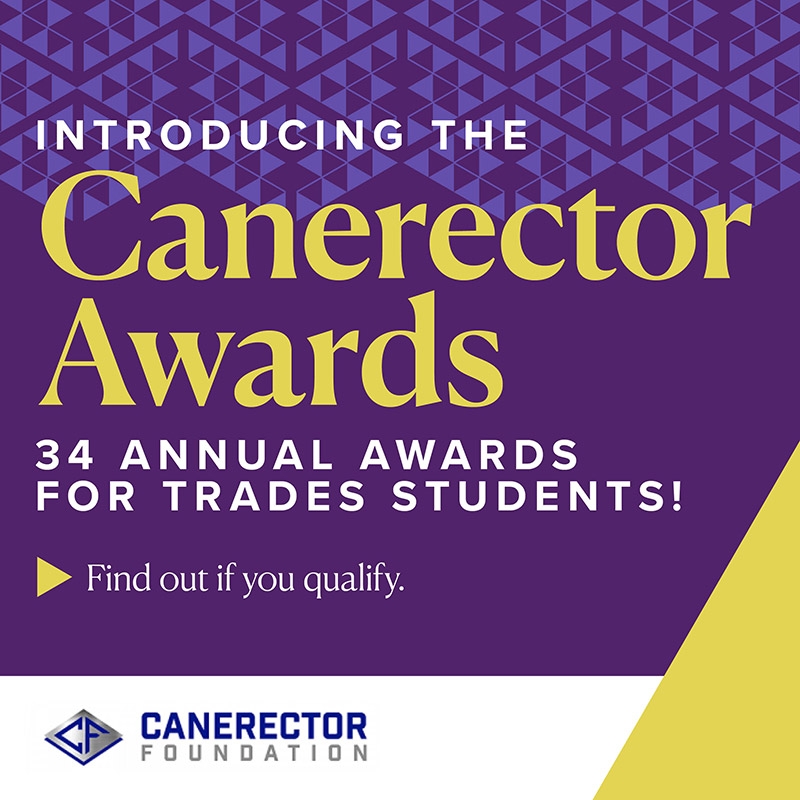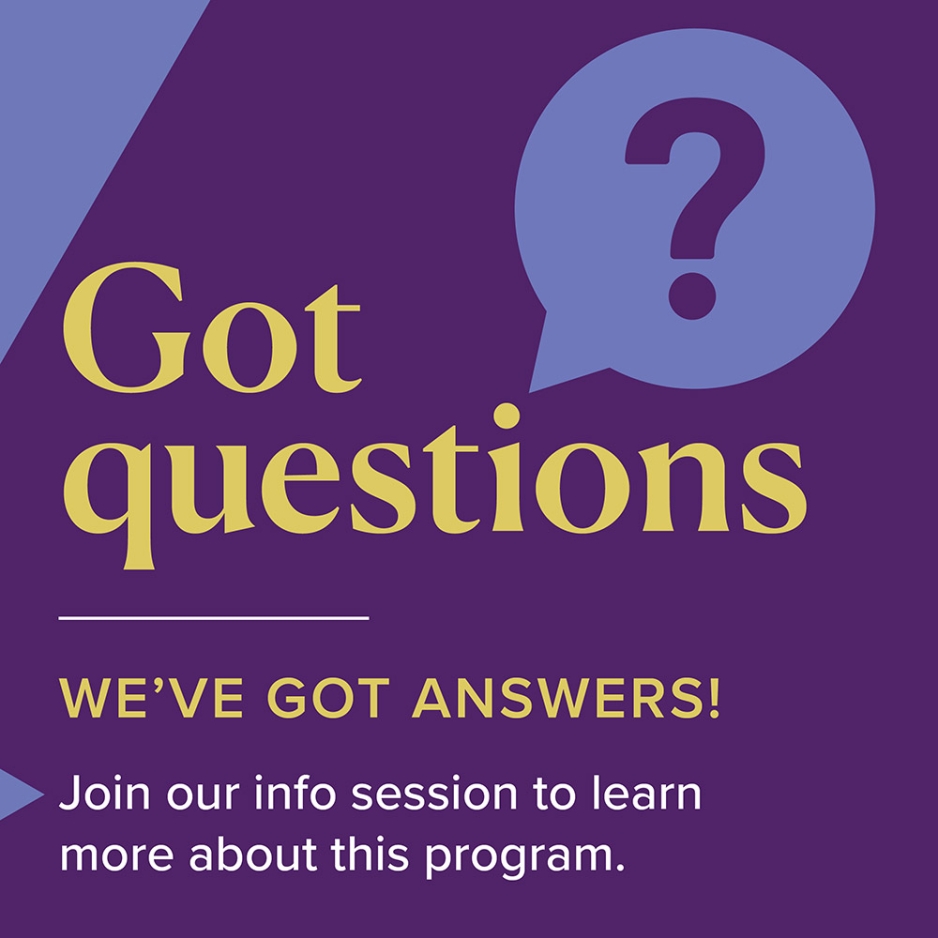Piping Trades
Overview
Assiniboine’s nine-month Piping certificate pre-apprenticeship program prepares graduates for work in plumbing, heating and cooling.
Plumbers install, repair and maintain plumbing fixtures and systems such as water, hydronic, drain, waste and vent (DWV), low pressure steam, residential fire, chemical and irrigation. They also install specialized systems such as medical gas, process piping, compressed air, water conditioners, fuel piping, sewage and water treatment, and storage and flow equipment.
Plumbing is a physically demanding occupation, which requires working in a variety of job site conditions. Plumbers often need to lift and carry heavy materials and equipment. While performing their duties, plumbers are also required to do considerable standing, climbing and kneeling. They may work at heights and in confined spaces.
Graduates who register as a plumbing apprentice within two years of completing this program may be granted in-school training credit for Level 1 Plumber apprenticeship.
Examples of what jobs plumbers can do:
Plumbers may be employed by plumbing/mechanical contractors, service companies, and maintenance departments of manufacturing, commercial, health care and educational facilities. They may also be self employed.
Examples of what plumbers can do:
- Read blueprints, drawings and specifications to determine layout of plumbing system, water supply network and waste and drainage systems.
- Install piping and equipment in residential, commercial, institutional and industrial buildings and sites.
- Perform scheduled, unscheduled and emergency maintenance and repair.
- Measure, cut, bend and thread pipes using hand and power tools or machines.
Program Learning Outcomes
Graduates are able to:
- Complete all work in compliance with the rights and conditions of contractual obligations, provincial and/or national codes, applicable laws, bylaws, standards and ethical practices in the plumbing and piping field.
- Comply with health and safety practices and procedures in accordance with current legislation and regulations.
- Prepare and assemble pipes.
- Install, test, and service sewers, sewage treatment systems and drainage, waste and vent (DWV) systems.
- Install, test, and service water service and distribution.
- Install, test, and service fixtures, appliances and water treatment systems.
- Install, test, and service low pressure steam and hydronic heating and cooling systems.
- Install, test, and service fire protection systems.
- Install, test, and service specialized systems.
- Develop and use strategies for ongoing professional development to remain current with industry changes, enhance work performance and explore career opportunities.
- Communicate and collaborate with diverse clients, supervisors, coworkers and tradespersons to complete projects on time and to maintain effective working relationships.
Success Factors
You might be a good fit for this program if you have or would enjoy:
- A physically demanding occupation.
- A strong technical aptitude for understanding complex piping systems and how they work.
- Adapting to changing situations and work effectively in a variety of settings.
- Attention to deal.
- Troubleshooting problems and come up with effective solutions.
- Working in tight spaces, climb ladders, and lift heavy objects.
A valid driver’s license and access to a vehicle is strongly recommended given the potential need to travel for practicum placement.
The industry and program environment require individuals to:
- Be reliable, punctual, and regularly attend work.
- Communicate effectively with others including suppliers, co-workers, other trades people, safety and building inspectors, manufacturer representatives, customers, and co-workers and apprentices.
- Complete responsibilities requiring standing, stooping, bending, and climbing.
- Demonstrate safety-conscious attitudes and work practices.
- Have the strength, dexterity, balance and stamina required to work in or on equipment.
- Interpret technical documents, drawings, specifications, regulations, bylaws and standards.
- Listen to direction and act on that accordingly.
- Move around and work within the learning environment, negotiating different areas including stairs and ladders, confined spaces, heights, uneven terrain and scaffolds.
- Work in a collaborative team environment or independently as the situation requires.
- Work in noisy, dusty and/or fumes areas with appropriate personal protective equipment.
- Work in shifts, schedules, and conditions that are unique to the industry.
- Work outdoors in extreme warm and cold weather conditions (+30°C to -40°C).
Interested in exploring similar program options?
We've got you covered! Here's another great program option to consider.
Admissions
Admission Requirements
- A complete Manitoba Grade 12 or equivalent
- Consumer/Essential Math 40S or equivalent
If you received your education outside of Manitoba, please review the equivalent admission requirements: Interprovincial or International.
English is the language of instruction at Assiniboine. All applicants educated outside of Canada or in a country not on the test exempt list are expected to meet the English language proficiency requirements.
READY TO TAKE THE NEXT STEP IN YOUR EDUCATION JOURNEY?
Start your online application today and join Assiniboine College!
DON'T MEET ADMISSION REQUIREMENTS?
If you don’t meet admission requirements, visit our Centre for Adult Learning to upgrade courses.
Careers & Connections
Career Opportunities
- Plumbing and heating contractors
- Industrial piping contractors
- Public utilities
- Wholesale suppliers
- Fire sprinkler installers
- Water and waste water treatment facilities
- Maintenance companies
Connections
Students who successfully complete the accredited program with an accumulative average of 70% or better in the trade subjects and level for which the program was accredited, gain employment and register as an apprentice within two years of graduating, will receive credit for Level 1 in-school technical training and 900 hours in the Plumber apprenticeship program.
Assiniboine has a number of agreements with other colleges, universities and professional organizations, making it possible to apply credit taken at Assiniboine to programs at other institutions. For information on agreements, see Articulation Agreements.
Tools & Supplies
The Piping Trades certificate program at Assiniboine is not only concerned with plumbing and heating, but also we introduce the student to fire sprinkler systems, rural water and sewer, air conditioning, water treatment, and sheet metal. All of these programs use some of the most recent tools and equipment available with the emphasis on safety on protection of the environment.
New equipment in this program includes a Honeywell DSP 3168 Gas Ignition Trainer, a computer gas service simulator, and new safety equipment that the student will see used in the field. Just a few of the interesting and challenging pieces of equipment you'll master in the Piping Trades program!
The shop environment and the addition of the HVAC shop will enhance the spectrum of learning at the Len Evans Centre for Trades and Technology.
Our classrooms, labs and shops are equipped with the necessary equipment that you need to make the most of your experience. However, there are some tools and supplies that you will need to purchase for personal use to help you with your studies. Much of what you purchase you’ll be able to use after you graduate and begin your career.
Students are advised not to purchase tools until the second week of school. The School of Trades holds a Tool Fair during this week where students meet with various suppliers and purchase tools at reduced costs.
Program Checklists, Textbooks, and Supplies
Program Checklists:
Textbooks:
Supplies:
ASSINIBOINE BOOKSTORE
Textbooks, supplies and uniforms may be purchased at the Assiniboine Bookstore at the Victoria Avenue East Campus. Booklists, tool lists and supply lists are available from your school office 30 days prior to the start date of your program.
Technology Requirements
Students in this program are expected to have a computer at home with internet access that meets the technical needs outlined by the program. For more details, see At-Home Computing.
Courses & Costs
Costs
Estimated Program Costs (Domestic students)
| Credits | 72.0 |
| Tuition | $4,450 |
| Course Fees | $2,470 |
| Students' Association fees (including Health Premium) | $640 |
| Estimated textbooks, tools, and supplies | $1,590 |
All fees are estimated and subject to change without notice.
Estimated Program Costs (International students)
| Credits | 72.0 |
| Tuition | $19,360 |
| Course Fees | $2,470 |
| Students' Association fees (including Health Premium) | $640 |
| Required Health Insurance | $750 |
| Estimated textbooks, tools, and supplies | $1,590 |
All fees are estimated and are subject to change without notice. All international students must purchase health insurance. The college adds this fee to your student account and then sends your name and fee to the insurance provider on your behalf.
For more information, visit the Fees and Charges page.
Courses
To graduate with a Piping Trades certificate, students must successfully complete 69 academic credits and 3 practical credits. The minimum passing grade for each course is 60% and is indicated on the course outline. Course failure will result in discontinuance in the program. Course offerings are subject to change and may vary by intake.
Courses
| Title | Credits/CEUs | Elective | Distance | PLAR |
|---|---|---|---|---|
Blueprint Reading (PIPET) (DRFT-0010)This course provides the fundamental skills necessary for students to become familiar with architectural blueprints. Students are introduced to the tools, terminology and common practices used in the piping trades. Emphasis is placed on interpretation of floor plans and converting to an isometric single line drawing. |
3 credit(s) | No | No | No |
College Foundations (PEDV-0356)This course improves students' ability to navigate the college experience and environment, including student's rights, roles, and responsibilities. In this course, students reflect on their skills, attitudes, and expectations and develop learning strategies to help them to become successful, resilient, and self-directed learners. The course covers topics such as success in online learning, time management strategies, learning strategies, assessment taking strategies, academic integrity, information and digital literacy, and wellness, among others. It integrates elements of student orientation. |
0 credit(s) | No | No | No |
Communications (COMM-0045)This course includes instruction in techniques to improve both written and oral communication with prospective employers, co-workers and clients. Effective strategies for customer service are emphasized. It also serves to familiarize students with the regulations related to the workplace. As well, students receive an introduction to the use of computer software and hands-on experience with Windows operating system, Internet and email. |
3 credit(s) | No | No | No |
Heating Principles Practical (PIPE-0014)Prerequisites: PIPE-0016 Tools and Materials Theory, PIPE-0002 Tools and Materials Practical, MATH-0108 Math-Piping Trades |
7.5 credit(s) | No | No | No |
Heating Principles Theory (PIPE-0005)Prerequisites: PIPE-0016 Tools and Materials Theory, PIPE-0002 Tools and Materials Practical, MATH-0108 Math-Piping Trades |
3 credit(s) | No | No | No |
Math - Piping Trades (MATH-0108)In this course, students study mathematics related to the piping trades. This unit is designed to provide students with the knowledge of mathematics used in piping trades such as plumbing, steam fitting, gas fitting, sprinkler fitting and refrigeration. Topics include imperial and metric systems, formulas and formula transposition, areas and volumes, elevations and grade, offsets and percentages. |
3 credit(s) | No | No | No |
Plumbing Systems Practical (PIPE-0004)Prerequisites: PIPE-0001 Tools and Materials Theory, PIPE-0002 Tools and Materials Practical |
12 credit(s) | No | No | No |
Plumbing Systems Theory (PIPE-0003)Prerequisites: PIPE-0001 Tools and Materials Theory, PIPE-0002 Tools and Materials Practical |
9 credit(s) | No | No | No |
Practicum - PIPE (PRAC-0037)Prerequisite: Cumulative weighted grade point average (CWGPA) of 2.0 or greater |
3 credit(s) | No | No | No |
Related Welding (WELD-0040)This course provides an introduction to the use of oxyacetylene brazing, welding and cutting in a safe and acceptable manner. |
1.5 credit(s) | No | No | No |
Science (SCIE-0008)This course includes the study of physical properties of liquids and gases as applied to pressures and friction loss in the piping trades. |
3 credit(s) | No | No | No |
Tools and Materials Practical (PIPE-0002)Corequisite: PIPE-0001 Tools and Materials Theory |
15 credit(s) | No | No | No |
Tools and Materials Theory (PIPE-0016)Corequisite: PIPE-0002 Tools and Materials Practical |
9 credit(s) | No | No | No |





